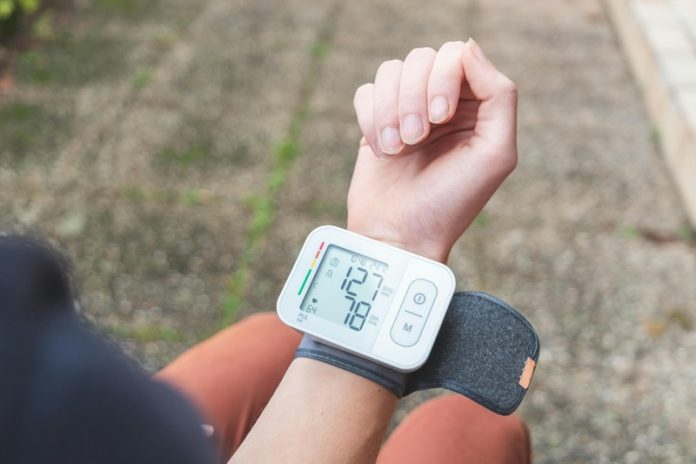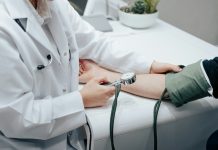
A recent study conducted by researchers at Kaiser Permanente has revealed that blood pressure measurements taken at home are more accurate than those obtained in a clinical setting.
This finding could have significant implications for the diagnosis and management of hypertension, a condition that affects millions of people worldwide and is a major risk factor for heart attacks, strokes, and kidney damage.
The study involved 510 adults who visited 12 Kaiser Permanente primary care centers in Western Washington between 2017 and 2019. The researchers focused on individuals at high risk of hypertension, as identified through electronic health records.
Participants were randomly assigned to one of three groups, each using a different method for follow-up blood pressure measurements: clinic visits, home monitoring, or kiosks located in medical clinics or pharmacies.
To assess the accuracy of these methods, the researchers used 24-hour ambulatory blood pressure monitoring (ABPM), which is considered the gold standard for diagnosing high blood pressure.
ABPM provides a comprehensive picture of a person’s blood pressure throughout the day and night, making it a reliable benchmark for comparison.
The results of the study were striking. Blood pressure readings taken at home closely matched the ABPM measurements, indicating that home monitoring is a reliable method for tracking blood pressure.
In contrast, blood pressure readings taken during follow-up clinic visits were significantly lower for the systolic measure, which could lead to underdiagnosis of hypertension.
In fact, the study found that over half of the participants who had high blood pressure according to ABPM were missed when only clinic measurements were used.
Additionally, blood pressure readings taken at kiosks were significantly higher than ABPM measurements, raising concerns about the potential for overdiagnosis of hypertension when relying on this method.
The researchers concluded that home blood pressure monitoring is a more accurate option than clinic-based measurements, which often do not reflect a patient’s true blood pressure.
This conclusion is supported by a companion study that found patients preferred taking their blood pressure at home, which is not only more convenient but also less stressful, potentially leading to more accurate readings.
Accurate diagnosis of high blood pressure is crucial, as hypertension is a leading cause of cardiovascular disease and other serious health problems. Current guidelines recommend that patients with high blood pressure readings in a clinic setting undergo a second test to confirm the diagnosis.
While ABPM or home blood pressure monitoring is advised for this purpose, the study revealed that many healthcare providers still rely on in-clinic measurements for the follow-up test.
The Kaiser Permanente study, led by Dr. Beverly B. Green and published in the Journal of General Internal Medicine, offers compelling evidence in favor of home blood pressure monitoring.
The study’s large participant pool, involvement of primary care clinics, and use of real-world practitioners for blood pressure measurements lend significant weight to its findings.
As healthcare continues to evolve, this research highlights the importance of adopting more accurate and patient-friendly methods for diagnosing and managing hypertension.
For individuals concerned about their blood pressure, home monitoring may offer a better and more reliable approach to keeping track of this vital health metric.
If you care about high blood pressure, please read studies that early time-restricted eating could help improve blood pressure, and natural coconut sugar could help reduce blood pressure and artery stiffness.
For more information about blood pressure, please see recent studies about added sugar in your diet linked to higher blood pressure, and results showing vitamin D could improve blood pressure in people with diabetes.
Copyright © 2024 Knowridge Science Report. All rights reserved.



